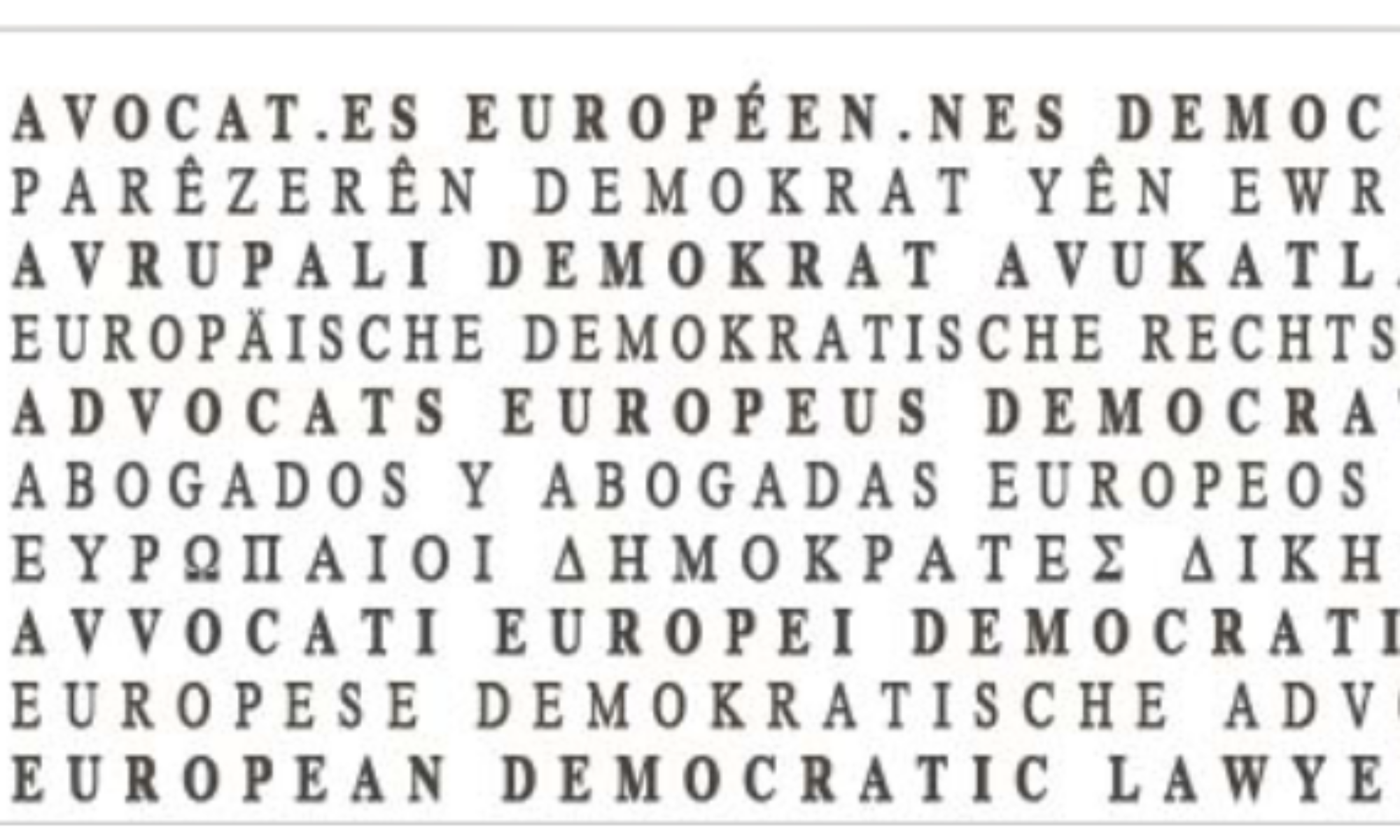TO THE OBSERVATOIRE INTERNATIONAL DES AVOCATS EN DANGER (OIAD)
INFORMATION ON MASSIVE ESPIONAGE PERPETRATED ON SEVEN SPANISH LAWYERS USING THE PEGASUS PROGRAM
The indiscriminate ‘hacking’ using the PEGASUS spy program that was carried out on pro-independence politicians, has also affected seven lawyers: Gonzalo Boye Tusset, Josep Costa, Jaume Alonso Cuevillas, Andreu Van den Eyden, Joaquim Jubert, Josep Rius and Jordi Domingo, the first one from the Madrid Bar Assotiation (ICAM) and the remaining six from the Bacelona Bar Assotiation (ICAB). This is confirmed ny the information received through the media, and the judicial investigations that are being carried out in a Barcelona court.
The right to defence, the duty of confidentiality between lawyer and client and, ultimately, professional secrecy, are fundamental pillars not only of our profession, but also of the right to effective judicial protection as a guarantee of the rule of law.
The right to defence of our clients and the right to a trial with all the guarantees depend on the duty of secrecy, confidentiality and, ultimately, professional secrecy. Not in vain has it been defined as a right (of the client) and a duty (of the lawyer), and for this reason it is part of our commitment as lawyers to preserve it and guarantee its integrity against any external interference.
The Spanish Supreme Court has already indicated in its ruling 78/2012, of February 9, 2012 (Garzón case), the following:
“ Article 24 of the Spanish Constitution, provides together with other rights that, although different and independent from each other, constituting a battery of
guarantees aimed at ensuring the real effectiveness of one of them: the right to a trial with guarantees, to a fair trial , in terms of the ECHR [European Convention on Human Rights]; ultimately, to a fair trial . So that the legitimate claim of the State regarding the prosecution and punishment of criminal behavior should only be satisfied within the limits imposed on the exercise of power by the rights that correspond to citizens in a rule of law. Nobody seriously disputes in this framework that the search for the truth, even supposing that it is reached, does not justify the use of any means. Justice obtained at any price ends up not being Justice.
The confidentiality of the relationship between the accused and his defence lawyer, which naturally must be governed by trust, is an essential element (ECHR Castravet v. Moldova, March 13, 2007, p. 49; and ECHR Foxley v. United Kingdom , of June 20, 2000, page 43) In the ECHR of October 5, 2006, case Viola against Italy (61), it was stated that “…the right, for the accused, to communicate with his lawyer without being heard by third parties is among the elementary requirements of the fair trial in a democratic society and derives from article 6.3 c) of the Convention. If a lawyer could not meet with his client without such surveillance and receive confidential instructions from him, his assistance would lose much of its usefulness (Judgment S. against Switzerland of November 2, 1991, series A no. 220, pg. 16, app. 48)”.
The events that we are hearing about through the media are especially serious, and require clear explanations about the perpetrators of these acts of espionage, by whom or by whom they were authorized, and whether there has been any type of judicial authorization , or whether this espionage has occurred without any type of control and in a massive and indiscriminate manner.
In this context, the Barcelona Bar Association (ICAB) and the Council of Catalan Bars (CICAC) have issued a joint statement at the end of which they denounced the use of Pegasus against lawyers and requested explanations from the Spanish Government on what could be a serious violation of fundamental rights, the rights of defence and professional secrecy, compromising the rule of law and the peaceful coexistence of society in Spain.
On the other hand, the Madrid Bar Association (ICAM) has not yet reacted and the General Council of Spanish Lawyers (CGAE) only reacted on April 29, 2022, following the request addressed to it to this effect by the Free Lawyers Association (Asociación Libre de Abogadas y Abogados – ALA), in consideration of the seriousness of these acts of espionage against the aforementioned lawyers.
For this reason, and because these are serious facts that directly attack our profession, the right of defence as a fundamental aspect in the functioning of justice and the effective development of the right to a trial with all the
guarantees, we request the Observatoire International des Avocats en Danger (OIAD) to demand all the explanations from the Spanish Government and uncover all the responsibilities regarding these events, acting in defence of this group of lawyers, and to issue a press release to denounce this attack on the rights of the defence, on professional secrecy, as well as on private life; and also afford your protection to these lawyers against future interference in the exercise of their professional activity. You must give your unequivocal support for the Catalan and Madrid lawyers who were victims of the espionage perpetrated by means of the Pegasus software by the Spanish authorities.
Naples, 30th of June 2022
















